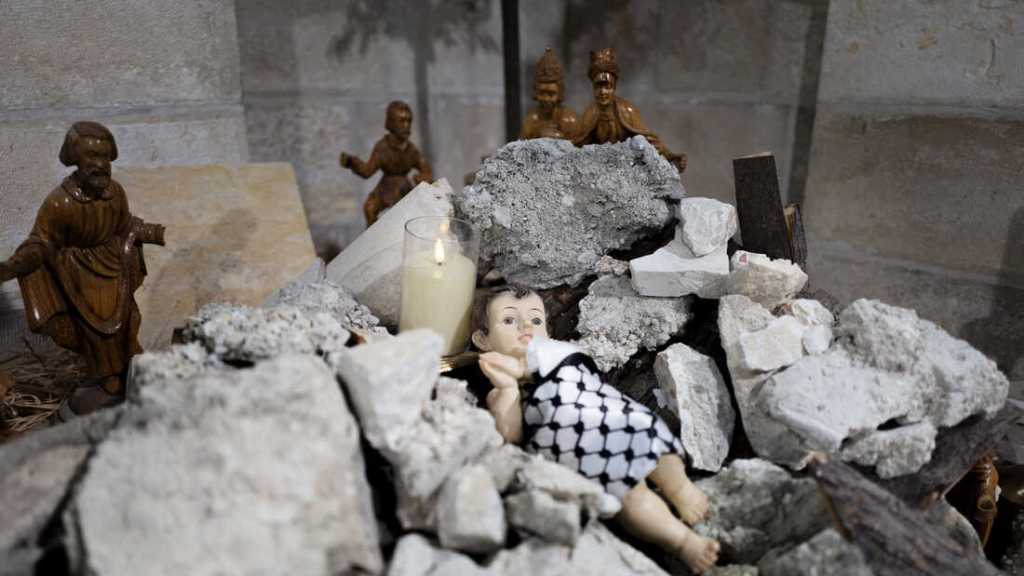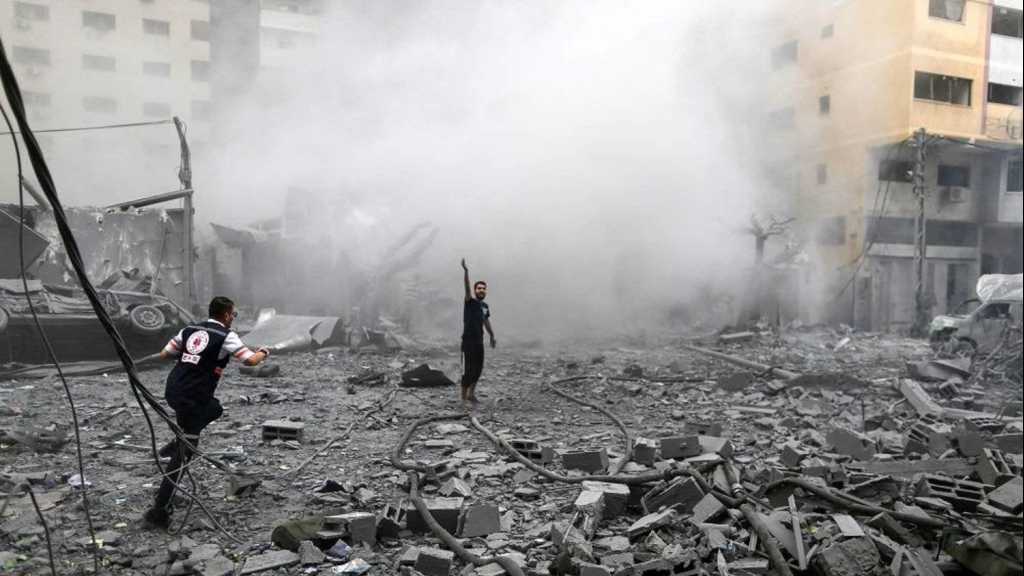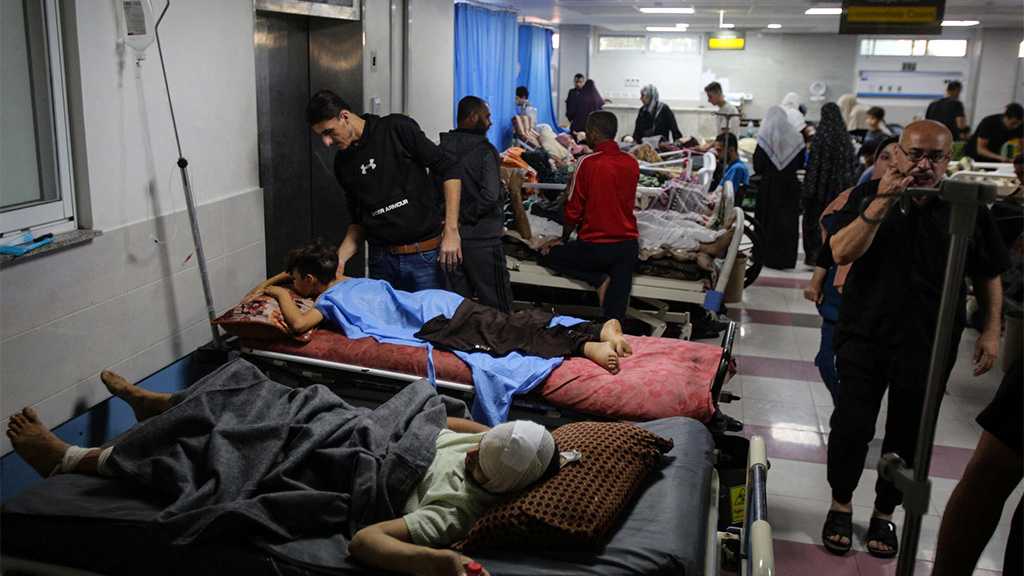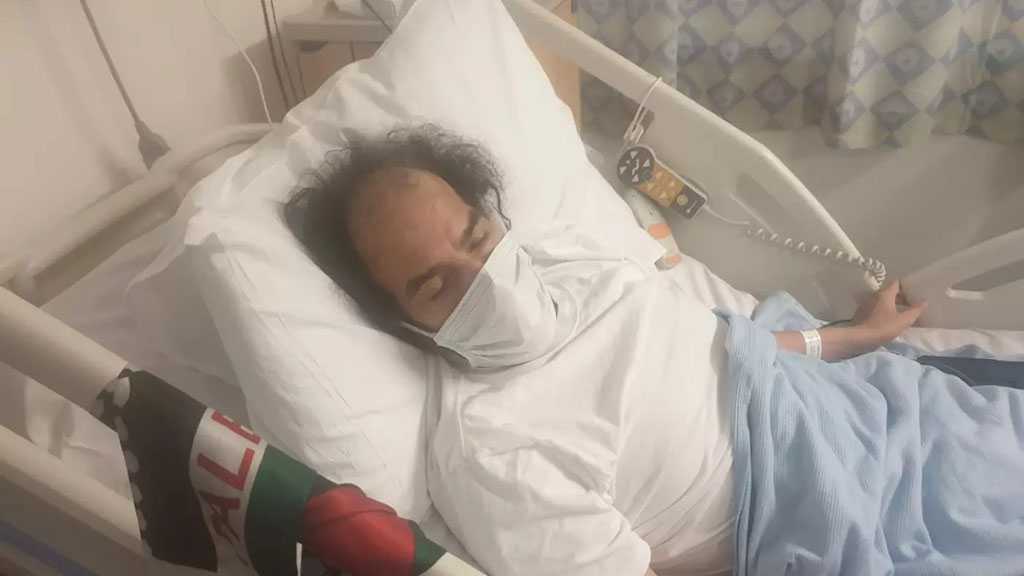
Belgian Militant «Behind Europe Attacks»
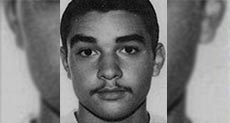
Local Editor
A Belgian-Moroccan Takfiri operating in Syria is believed to have organized the deadly attacks on Paris and Brussels, sources said.
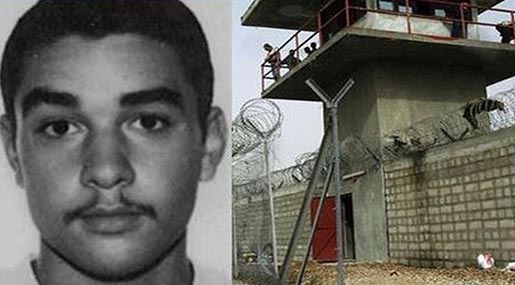
For months intelligence teams had been trying to identify a man known as Abou Ahmad, involved in recruiting a number of Takfiri militants for attacks across Europe.
They now believe they have identified him as Oussama Ahmad Atar. He is linked to bombers who targeted Paris in 2015 and Brussels in March.
Takfiri gunmen and bombers murdered 130 people on 13 November last year, in a series of almost simultaneous attacks in the heart of Paris. Bomb attacks at Brussels airport and on the city's metro claimed 32 lives on 22 March.
One source told Belgian media that Oussama Atar was the only ringleader in Syria to have been identified in both inquiries.
A distant cousin of two of the Brussels bombers, Oussama Atar had for years been known to Belgian authorities.
He first travelled to Syria in 2002 and then went back in 2004 before travelling to Iraq, where he was arrested for crossing the border illegally and jailed in 2005 for 10 years.
According to the BBC, Belgian ex-secret service officer Andre Jacob said that Atar had spent time at the infamous Abu Ghraib jail, run by US forces, before being moved to Camp Cropper, where deposed President Saddam Hussein was held before his execution.
His family and several rights groups pressed for his release on health grounds, and he returned to Belgium in 2012. But seven years in jail had left him radicalized, Jacob said.
His whereabouts are unknown, but some reports suggest he is now based in Raqqa, the main headquarters of the Takfiri Daesh [Arabic acronym for "ISIS" / "ISIL"] group.
Atar's immediate link to the Brussels bombings is through his distant cousins, Ibrahim and Khalid el-Bakraoui. The two brothers blew themselves up at Zaventem airport and Maelbeek station respectively.
Atar's younger brother Yassine was also arrested around the time of the Brussels attacks and their mother's home has been raided by police several times since the attacks.
His link to the Paris attacks was less clear, until now. French daily Le Monde reports that he is suspected of recruiting two Iraqi suicide bombers, who blew themselves up near the Stade de France on 13 November.
There is some agreement at the heart of the intelligence community that he is implicated in the attacks that struck both capital cities, the paper said.
Ever since the Paris attacks almost a year ago, authorities had been hunting for a key figure who orchestrated the Takfiri plot from Syria.
Initially, one of the Paris attackers, Abdelhamid Abaaoud, was seen as the suspected ringleader but he died in a raid by police days later.
One man suspected of involvement in both attacks, Mohamed Abrini, was arrested in April but authorities have not indicated he was a leading figure either. He too is a Belgian-Moroccan.
Oussama Atar's name had now been linked to both attacks in the role of coordinator, but not necessarily overall commander.
That is because they now believe he is the man known as Abou Ahmad, whose name emerged after the arrest of two men in Austria a few weeks after the Paris attacks, in December 2015.
The pair, an Algerian and Pakistani, were detained on the Greek island of Leros weeks earlier, and were unable to travel on to Paris with the two Iraqis who blew themselves up at the Stade de France in Paris.
The Algerian and Pakistani eventually reached a refugee camp at Salzburg in Austria, where the Algerian, Adel Haddadi, reportedly told authorities that Abou Ahmad acted as recruiter and organizer, providing false passports, money and a mobile phone.
One of the men is also thought to have identified Oussama Atar from a photo of Abou Ahmad.
A computer discarded by one of the Brussels bombers in a bin near their hideout in the Schaerbeek area of the city had provided further clues, according to Le Monde.
Traces of a conversation with a man giving orders were apparently found on the computer. During one conversation the bombers propose a list of targets while in another they say they will have to act more quickly than originally planned.
Source: News Agencies, Edited by website team
